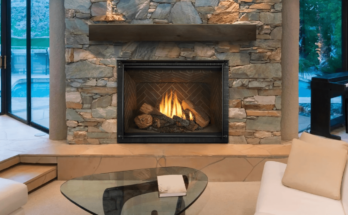With more people interested in nature and the countryside, it has never been more important for property developers to do things in a careful and considerate manner. Whether you are responsible for a single property build, or are erecting a block of flats, you can use the same principles and ideas to be more environmentally friendly.
These extra considerations need not cost you more, or even cause the job to go on longer than originally anticipated. It can be a positive step for your business portfolio as people will see that you care for more than just your profit margins. Here are just a few ways you can improve the way you build and develop, keeping the environment in mind.
Protect habitats and species
The first thing you can think about is the impact that your property build may have on the environment. The UK has many weird and wonderful creatures that are vital to the ecosystem even if they aren’t widely seen. You could look into companies such as Middlemarch Environmental Ltd whose ecological consultants have worked with builders and councils across the country to carry out surveys for protected species. Of course, you won’t be able to build on land that has restrictions, so it is a really good idea to do your homework before you buy a plot.
Use eco-materials
After you are sure that you won’t be disturbing a protected bat or reptile, you can start thinking about what you are going to use for your build. Have a look into more eco-friendly materials; there are plenty of websites online where you can find more information about these. You’ll find everything from insulation to rainwater harvesting, so you should be able to identify good solutions that would work in your designs.
Buy local
However it isn’t just what you buy, it is where you buy it from. Some materials you buy online can be shipped from overseas, and then transported by lorry, and perhaps even by a smaller van after that! Think about all of the miles that contribute to global warming, and it might make you realise that buying local can be just as effective. With less distance to travel, there will be less carbon emissions entering the atmosphere. Research your local companies to see what items you can buy closer to home.
Think of energy efficiency
Finally, think about the end result when people are actually living in the homes on your development. It can be helpful to think about the daily usage of a property, especially in terms of energy efficiency. People may be more likely to buy a home if it will cost them less in terms of their energy bills, so ensure that the windows and doors are of the highest standard when it comes to keeping warm air in the inside. You can also pay close attention to the insulation materials and methods, as this can make a huge difference to the energy rating of the house.




